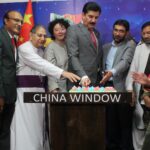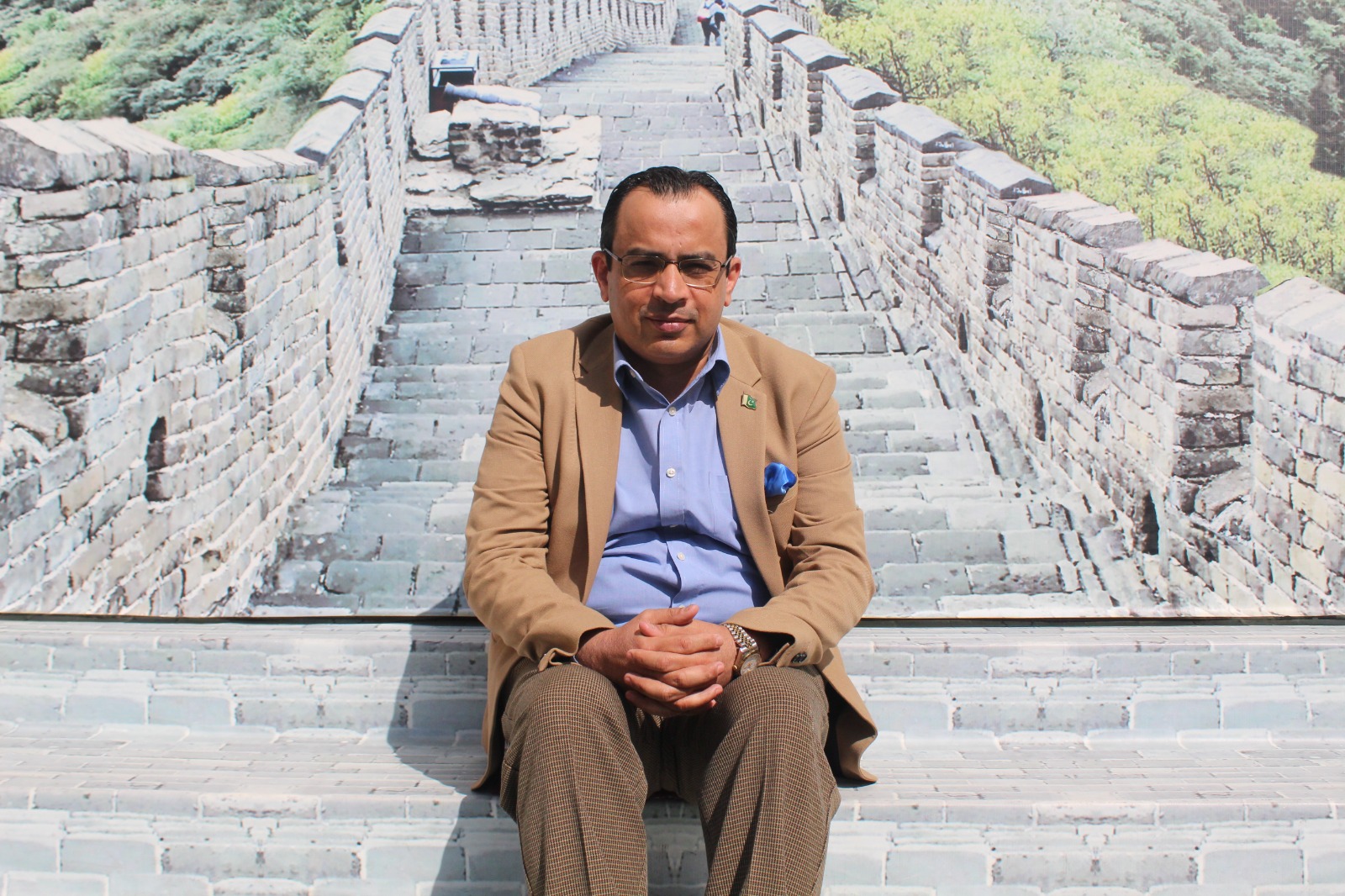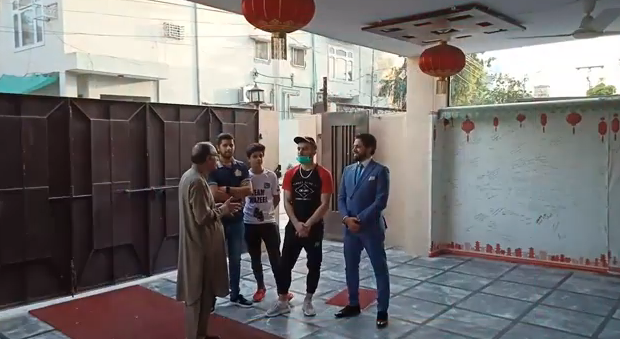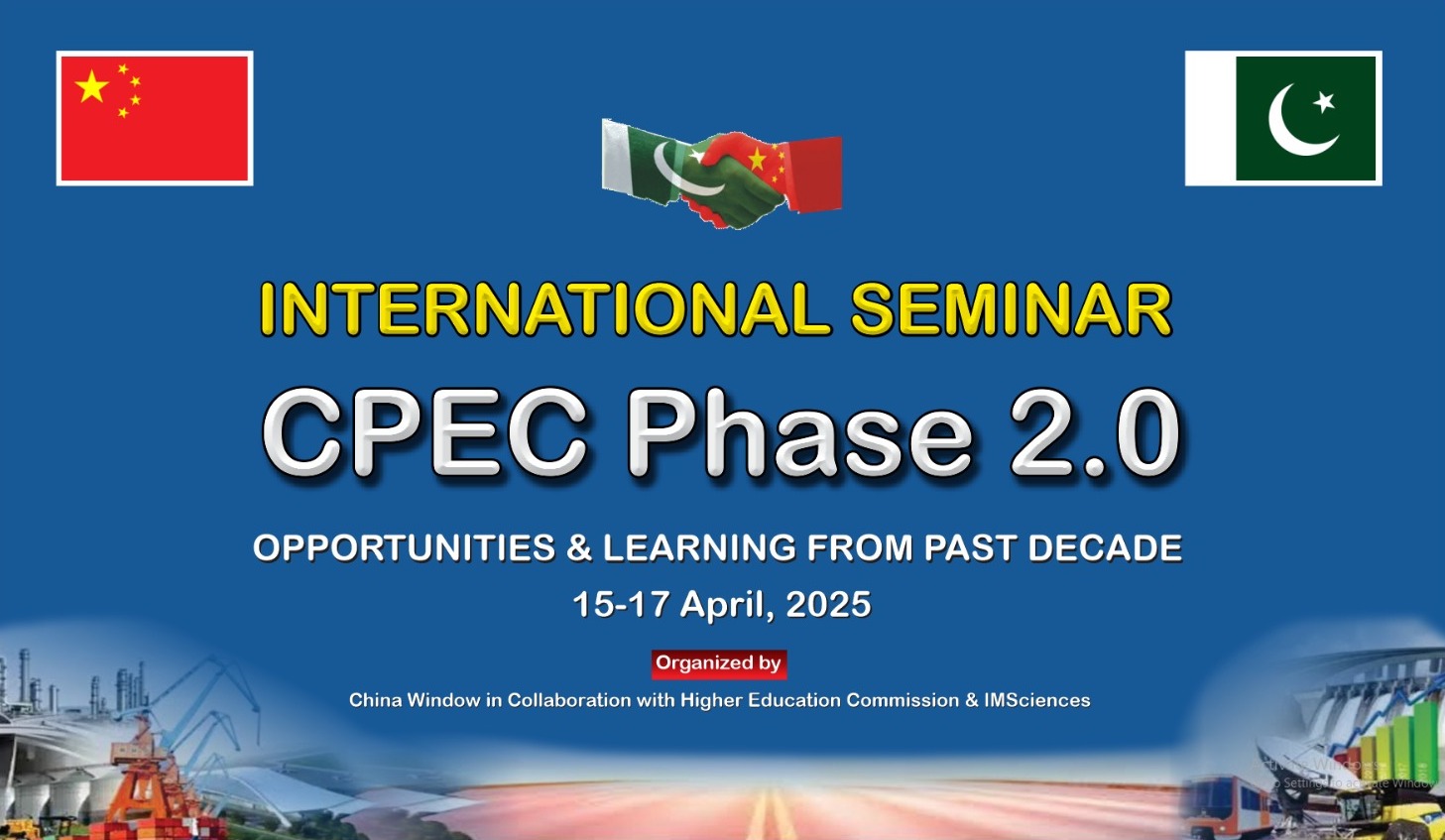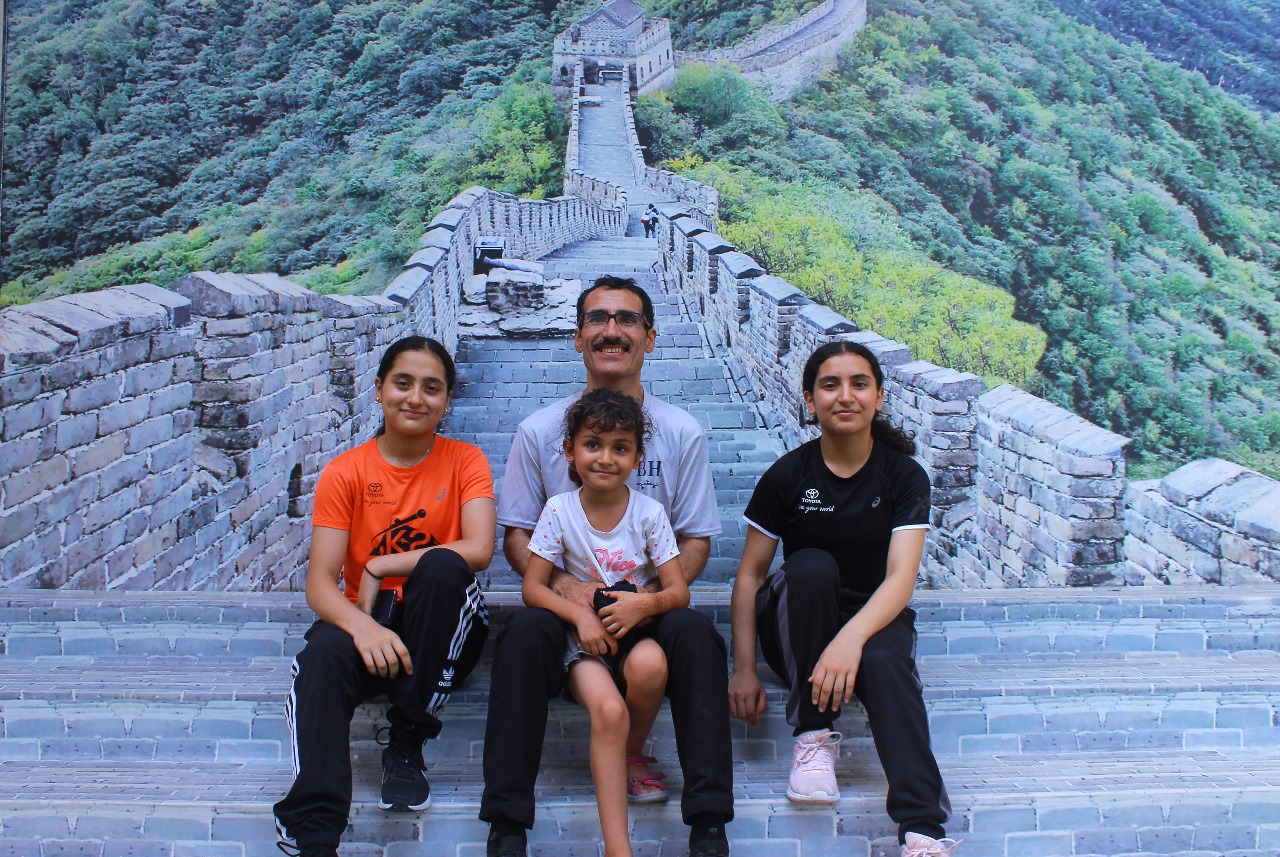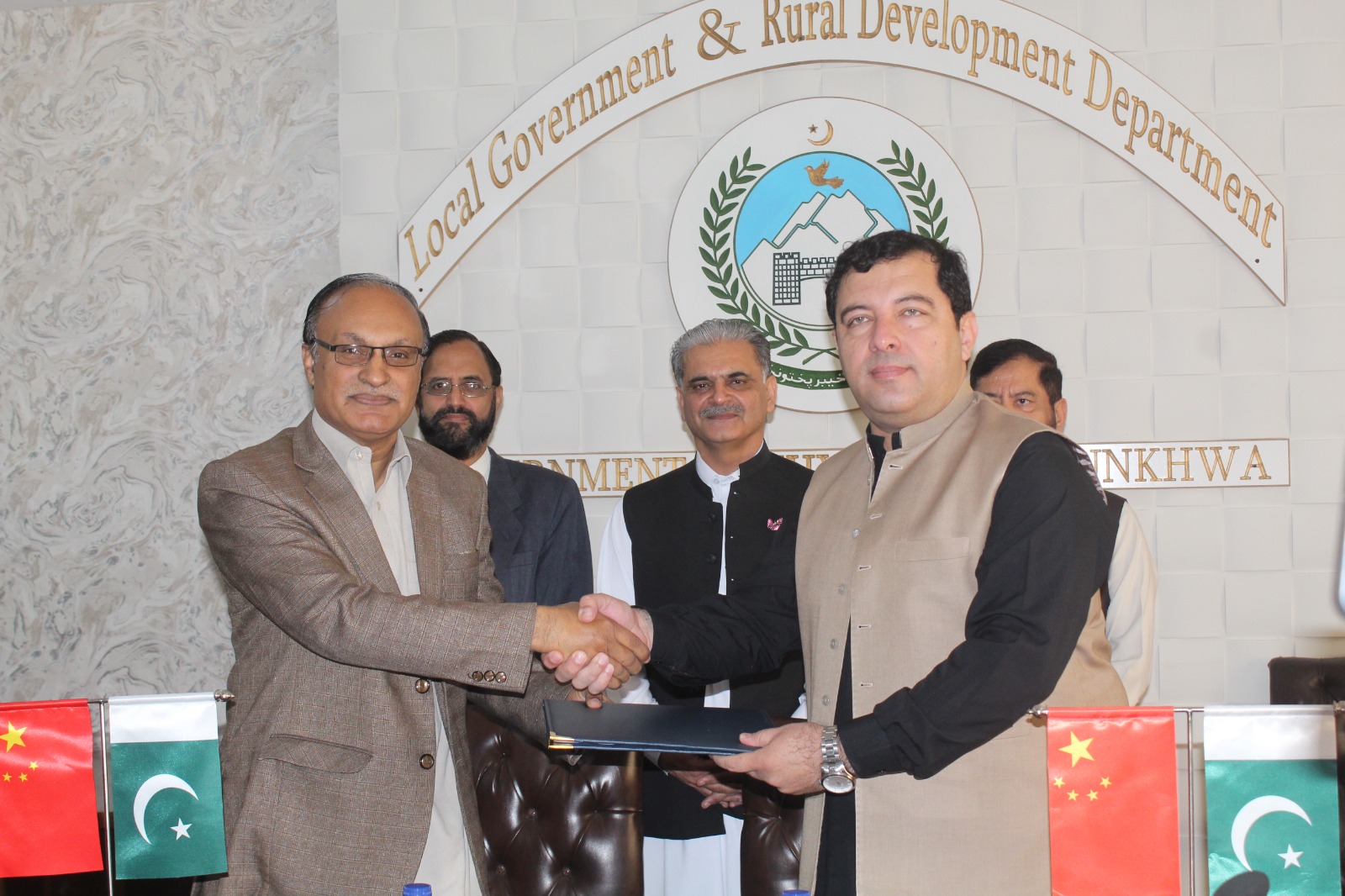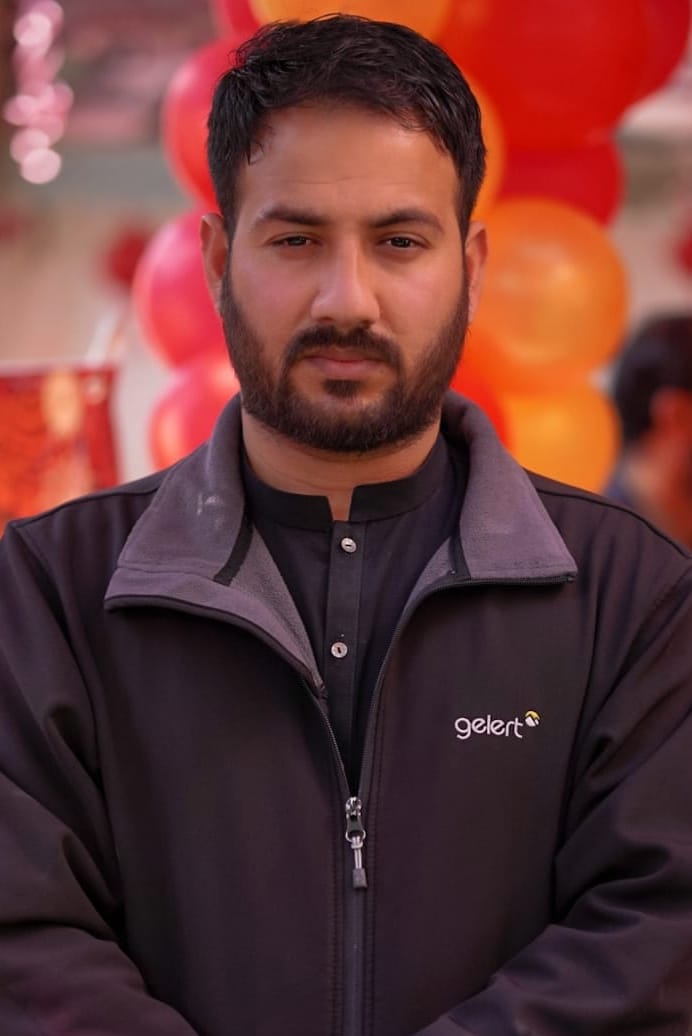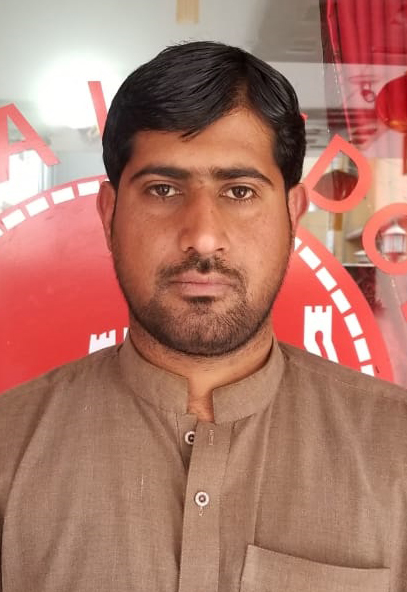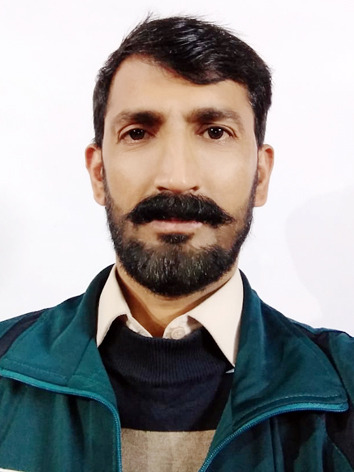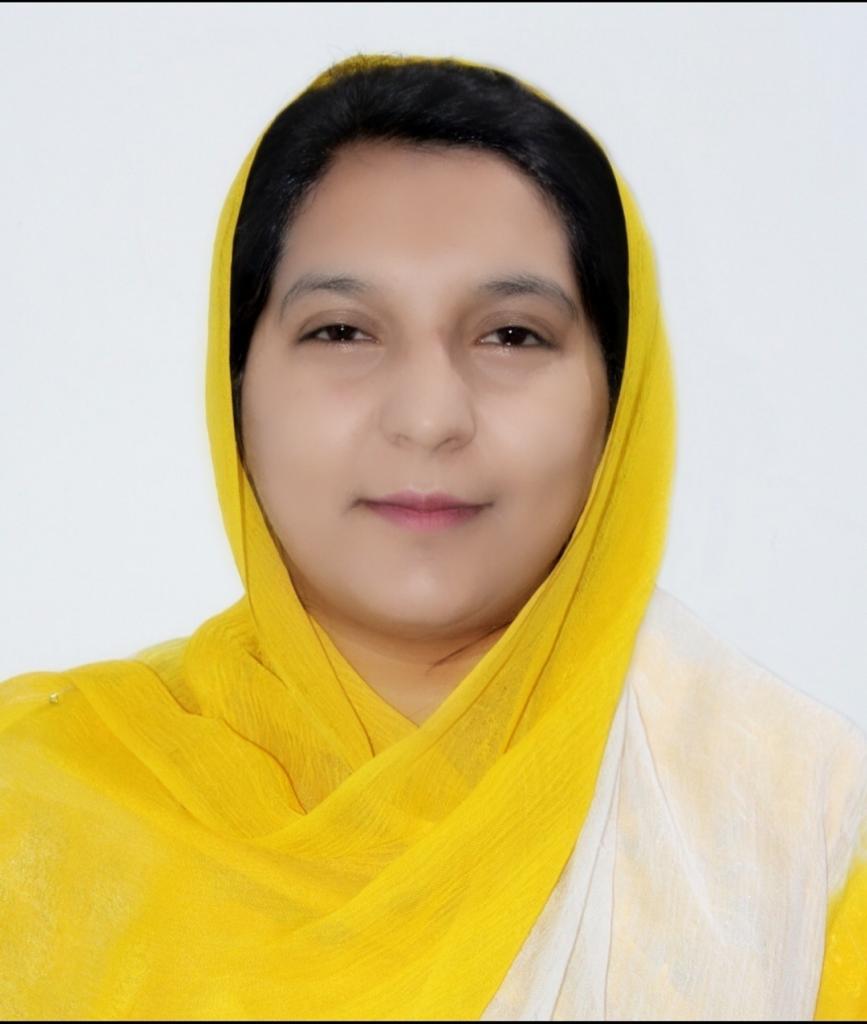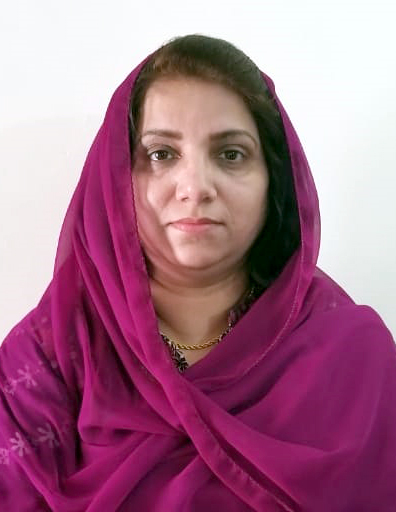By: Farhan Khan (PID, Peshawar)
The Shanghai Cooperation Organization (SCO) is an intergovernmental international organization, established on 15 June 2001 in Shanghai. The six founding countries included the Republic of Kazakhstan, the People’s Republic
of China, the Kyrgyz Republic, the Russian Federation, the Republic of Tajikistan and the Republic of Uzbekistan. In 2002, the Charter of the SCO was signed at the meeting of the Council of Heads of States in St. Petersburg, which entered into force on 19 September 2003. It is a statute that stipulates the goals, principles, structure and major areas of activities of the organization. The goals of the
SCO are to strengthen mutual trust, friendship and good-neighborliness between the Member States; to encourage the effective cooperation between the Member States in politics, trade, economy, science and technology, culture, education, energy, transport, tourism, and environmental protection etc; to jointly ensure and maintain peace, security and stability in the region and to promote a
democratic, fair and rational international political and economic order. Internally, the SCO adheres to the “Shanghai spirit”, namely; mutual trust, mutual benefit, equality, consultation, respect for diversity of civilizations and pursuit of common development. The supreme decision-making body of the SCO is the Council of Heads of States (CHS). It meets once a year and decides upon all
the important political, security and strategic issues of the Organization. The Council of Heads of Government (CHG) is the second most important forum that deals with socio-cultural, economic, trade and humanitarian as well as personnel
and budgetary matters of the SCO. The Member States are represented at the CHS by the Presidents whereas the CHG comprises Prime Ministers of the Members States. However, Pakistan and India are generally represented by their Prime
Ministers at the CHS and Foreign Ministers at the CHG due to difference in presidential and parliamentary form of government. Iran is also represented by its First Vice President at the CHG. In addition to the meetings of the CHS and the
CHG, there are other mechanisms for meetings on foreign affairs, national defense, security, economy and trade, culture, health, education, transport, emergency prevention and relief, science and technology, agriculture, the judiciary, tourism, industry, energy, poverty alleviation, sports, etc. The Council of National Coordinators is the SCO coordination mechanism.
The Organization has two permanent bodies — the Secretariat in Beijing and the Executive Committee of the Regional Anti-Terrorism Structure (RATS) in Tashkent. On January 1, 2022, H.E. Mr. Zhang Ming of China and H.E. Mr. R.E. Mirzaev of Uzbekistan assumed office as the SCO Secretary General and Director of the RATS Executive Committee, respectively. The official languages of the SCO are Russian and Chinese and currently, the SCO countries include: Islamic Republic of Pakistan, Republic of Belarus, Republic of India, Islamic Republic of Iran, Republic of Kazakhstan, People’s Republic of China, Kyrgyz Republic, Russian Federation, Republic of Tajikistan, Republic of Uzbekistan with two Observer States i.e. Mongolia and Afghanistan (whose current government is not recognized by most of the Member States) and dialogue partners including Armenia, Azerbaijan, Bahrain, Cambodia, Egypt, Kuwait, Maldives, Myanmar, Nepal, Qatar, Saudi Arabia, Sri Lanka, Turkey and UAE. The SCO Member States roughly comprise over one-fifth of the World’s landmass, over two-fifths of the World’s population, and around one-fourth of the global GDP. Pakistan became an Observer State of SCO in 2005. It became a full Member during the CHS meeting, held in Astana in 2017. Pakistan will host the
23rd meeting of the Council of Heads of Government (CHG) of the SCO Member States from 15 to 16 October 2024 in Islamabad. Since being a full member, this will be the first highest level meeting to be hosted by Pakistan. It is a matter of
great pride for the country. While Pakistan has been hosting various multilateral events from time to time, an international event of this stature is being hosted after a considerable gap. (Pakistan hosted the ECO Summit in March 2017 and meetings
of the OIC Council of Foreign Ministers in December 2021 and March 2022.) The SCO Member States will be represented at the meeting by the Prime Ministers of China, Russian Federation, Belarus, Kazakhstan, Kyrgyzstan, Tajikistan and Uzbekistan, First Vice President of Iran and Minister for External Affairs of India. Prime Minister of Mongolia (Observer State), Deputy Prime Minister of
Turkmenistan (Special Guest) and representatives of some international organizations will also attend.
In his capacity as the current Chair of CHG, Prime Minister Muhammad Shehbaz Sharif will preside over the proceedings of the forthcoming CHG meeting. The meeting will take stock of the ongoing cooperation in the fields of
economy, trade, environment and socio-cultural linkages. It will also review the SCO’s performance and approve its budget. Since becoming a member in 2017, Pakistan has worked consistently and constructively to strengthen good-neighborly
relations and mutually beneficial cooperation among SCO member States. Hosting of CHG reflects Pakistan’s abiding commitment to the goals and principles of SCO Charter and the values of “Shanghai Spirit.” In line with the international practice,
and our own traditions, Pakistan will extend due courtesies to all the participating delegations.





